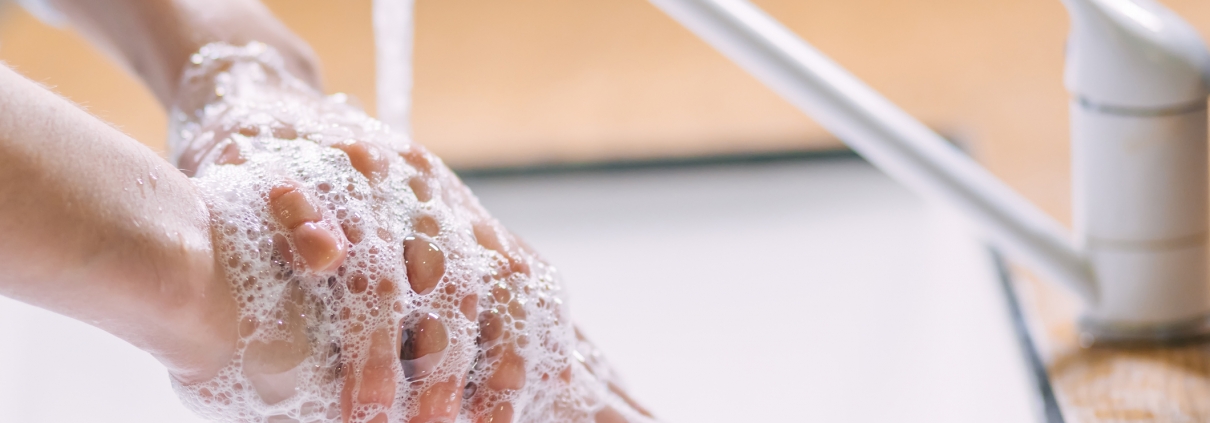The Effects of Detergents on Nails
Detergents are an essential part of our daily cleaning routine, helping us maintain a clean and hygienic environment. However, the chemicals present in detergents can have unintended consequences on our bodies, including our nails. The frequent exposure to harsh detergents can lead to various nail problems, such as dryness, brittleness, and discoloration. In this article, we delve into the effects of detergents on nails, highlighting the risks involved and offering tips to safeguard your nail health.
Understanding the Impact of Detergents on Nails
Dehydration and Dryness:
Detergents often contain surfactants and solvents that strip the natural oils from the nails, leading to dehydration and dryness. This can cause nails to become brittle, prone to cracking, and more susceptible to breakage.
Discoloration:
Some detergents, particularly those containing bleach or strong chemicals, can cause discoloration of the nails. They may turn yellowish or develop white spots, resulting in an aesthetically displeasing appearance.
Nail Weakness:
The repeated exposure to detergents can weaken the nail structure, making them thin and fragile. Weakened nails are more likely to split, chip, or peel.
Nail Infections:
Detergents can disrupt the natural balance of the nails, creating an environment conducive to the growth of fungi and bacteria. This can lead to nail infections, such as fungal nail infections or bacterial paronychia, which can be painful and challenging to treat.
Protecting Your Nail Health
Wear Protective Gloves: Whenever you engage in cleaning tasks that involve detergents or harsh chemicals, protect your nails by wearing rubber or vinyl gloves. These gloves act as a barrier, preventing direct contact between the detergents and your nails.
Moisturize Regularly: After handling detergents, it is crucial to replenish the moisture in your nails and cuticles. Apply a rich hand cream or moisturizing oil to keep your nails hydrated and prevent dryness.
Avoid Prolonged Soaking: Limit the time your nails spend in contact with detergent-laden water. Prolonged soaking can exacerbate the drying effects of detergents. If necessary, use a soft sponge or brush to clean surfaces instead of immersing your nails directly.
Choose Milder Detergents: Opt for mild, non-irritating detergents that are gentle on your skin and nails. Look for products labeled as “gentle” or “nail-friendly” and avoid those with harsh chemicals like bleach or ammonia.
Maintain Proper Nail Care: Implement a healthy nail care routine to keep your nails strong and resilient. Trim them regularly, file in one direction, and avoid using excessive force when pushing back cuticles to prevent damage.
Nail Strengthening Treatments: Consider using nail strengthening treatments or products that contain ingredients like biotin, keratin, or calcium. These can help fortify the nails, making them less prone to damage from detergent exposure.
While detergents play a vital role in maintaining cleanliness, it is crucial to be aware of their potential effects on your nails. By understanding the risks involved and taking proactive measures to protect your nail health, you can minimize the negative impact of detergents. Implementing a combination of preventative measures, such as wearing gloves, moisturizing regularly, and using milder detergents, will help keep your nails healthy, strong, and beautiful.





